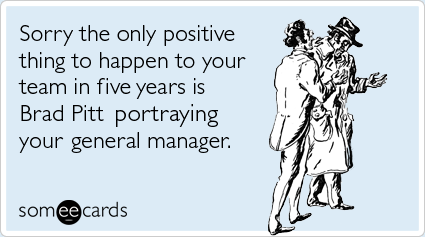How about them Red Sox, eh? According to Nate Silver in the NY Times, the chances of the Red Sox not getting a Wild Card spot was one in 278 million. Maybe they should all play the Lottery.
I loved this video revealing the amazing customs of the Austrians. I admit I didn't watch it all, but what I did watch was revealing. I doubt you'll ever watch a National Geographic special the same way again.
In a similar vein, this post on what to consider before volunteering overseas is an eye-opener.
Also in the world of aid and development, this profile of Paul Polak was fascinating. Among other things, he developed treadle pumps that help people in remote areas get access to water. Whoo-ee, does he have some harsh things to say about traditional aid programs! Just to make sure you see it, here's the final question:
Q. What are your principles for success?
A. In 1981, I said, “I’m going to interview 100 $1-a-day families every year, come rain or shine, and learn from them first.” Over 28 years, I’ve interviewed over 3,000 families. I spend about six hours with each one — walking with them through their fields, asking what they had for breakfast, how far their kids walk to school, what they feed their dog, what all their sources of income are. This is not rocket science. Any businessman knows this: You’ve got to talk to your customers.Well, there's a notion!
In obituary news, I hope you all heard about Wangari Maathai, the first African woman to win the Nobel Peace Prize. She's the founder of the Green Belt Movement--an incredible person.
Wangari Maathai, who was planting a tree in the shadow of Mount Kenya when told she had won, was clear: “Wars are fought over resources. If we did a better job of managing our resources sustainably, conflicts over them would be reduced. Protecting the global environment is directly related to securing peace.”Finally, very much in non-aid related news, let us all enjoy either for the first time or once again this clever and oh-so-satisfying advertisement.
What are the odds?






















